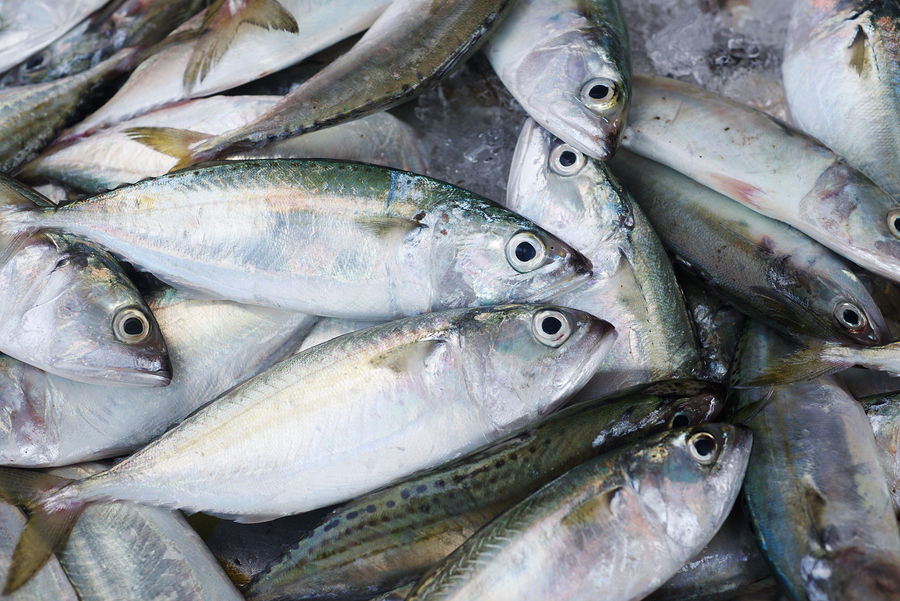More and more pet owners are turning to fish oil to supplement their dogs’ (and cats’) diets with healthy omega-3s. Fish oil contains mostly EPA and DHA (fish liver oils also contain vitamin D). In addition to EPA and DHA, whole fish contains selenium, vitamin D, protein and a more complete fatty acid profile.
Whether you’re feeding whole fish or fish oil the benefits of omega-3s are hard to ignore. Here are a few listed below:
Decreased inflammation.
Increased stamina.
Improved immune system.
Decreased shedding.
Reduced joint pain.
Healthier skin and coat.
Improved coat health.
More, balanced energy.
Protection against Auto Immune Diseases.
Reduced risk of heart problems.
Stabilized blood triglycerides.
Lowered risk of cancer.
The primary benefit of fish oil is its ability to balance out the more inflammatory yet still necessary omega-6 fats. Omega-6 fats aren’t bad for your dog. In fact they are just as important to your dog’s health as omega-3s. Both of these fats control important hormones in the body, but there must be a healthy balance of both.
How can you tell if your dog needs more omega-3s? Symptoms of omega-3 deficiency include brittle nails, dry skin and coat, fatigue and joint pain.
Are there negatives to feeding fish oils? Yes, and no. Let’s take a look at potential pitfalls.
As always, too much of a good thing may have adverse effects on health, so as with any supplement, proper supplementation is key. Feeding large amounts of fish oil will deplete your dog’s vitamin E reserves much faster than feeding smaller doses.
Fish higher up the food chain have higher levels of mercury and other toxins. Although the fats stored in fish are loaded with healthy omega-3s, fat is also where toxins are stored. These toxins come in the form of heavy metals- metals found in smaller amounts in fish that are lower on the food chain like sardines and anchovies. These fish naturally have a lower concentration of contaminants, so look for a fish oil product made from these and other fish low on the food chain.
Scientific studies are beginning to show that food derivatives (fish oils) may not always provide the same expected results as whole food sources (whole fish). But here’s the thing, your dog needs healthy fats in his/her diet one way or another. A quality fish oil is better than nothing at all.
A study by Mata et al showed that damage through oxidation increases as intake of omega-3 fat increases. High doses of fish oils taken every day may significantly raise the percentage of toxins in your dog. This is why feeding 1-2 times a week is recommended over feeding fish oil daily.
Lastly, not all fish oil is created equal. Quality is key.
What does all of this worrisome information mean? It boils down to this; your dog needs a balanced diet. Too much of a good thing isn’t healthy and poor quality fish oil does more harm than good.
